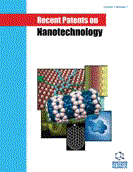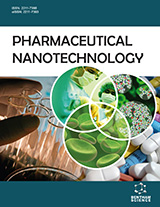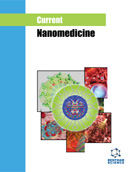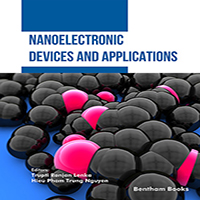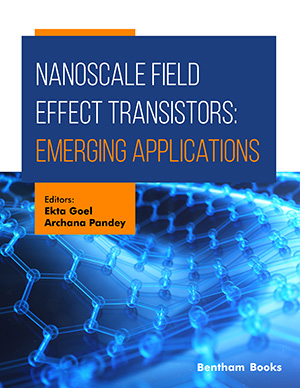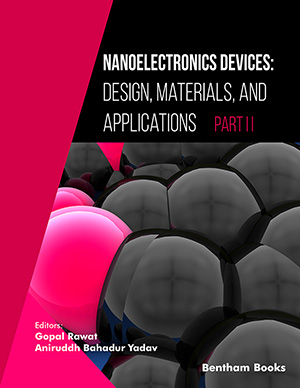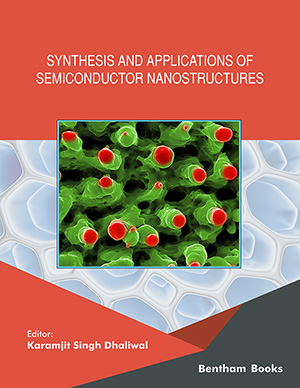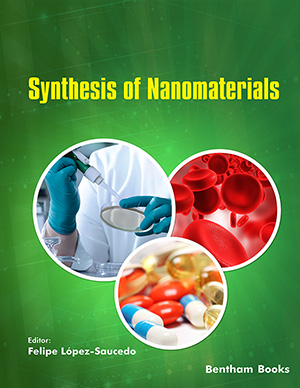Abstract
Chitosan as a copious natural polysaccharide has been proposed for a wide range of biomedical applications such as non-viral gene delivery due to its biodegradable and non-toxic nature. The presence of primary amines in the chitosan structure enables derivatization with different functional moieties to improve its properties such as solubility and transfection efficiency. In the current study, we prepared a series of hydrophobic chitosan-based constructs which was decorated with alkylcarboxylate polyethylenimine as an approach to overcome the drawbacks of chitosan in gene transfer while developing a potential safe vector. Physicochemical and biological characteristics of the synthesized vectors were investigated in terms of condensation ability, buffering capacity, size and zeta potential measurements, cytotoxicity and efficiency of the transgene expression in Neuro-2a cells. Modified chitosans led to nanocarriers with suitable mean diameter and slightly positive surface charge which showed significantly higher transfection efficiencies than that of unmodified chitosan. The most probable reasons for the higher efficacy of the synthesized vectors could be their optimal buffering capacity and hydrophobicity by incorporating PEI and alkanoate segments, respectively. Moreover, the new derivatives showed favorable solubility at physiological pH which may help their in vivo application to be more feasible.
Keywords: Polyethylenimine, chitosan, nanoparticle, gene delivery.







